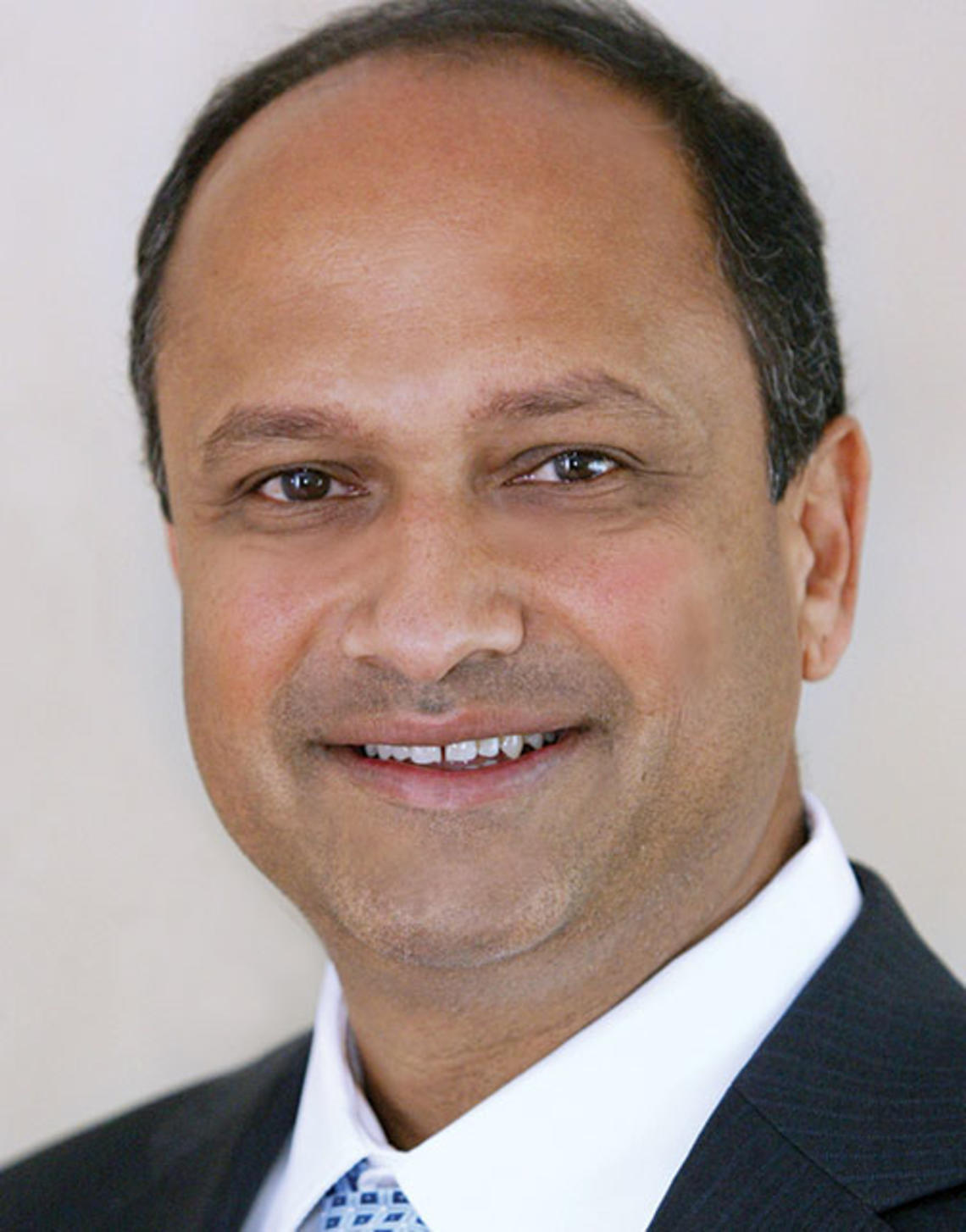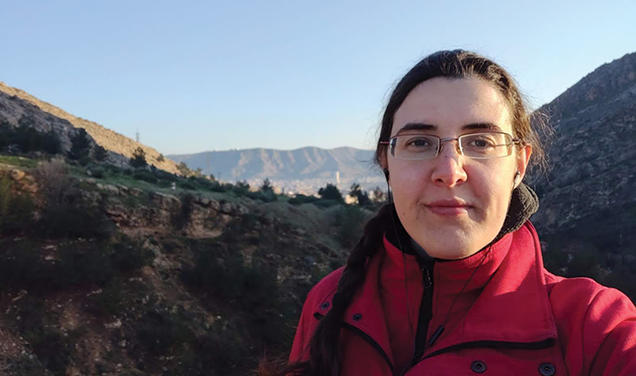
Sanjeev Kulkarni, an electrical engineer and a faculty member since 1991, will become dean of the graduate school March 31. He succeeds William Russel, who announced in September that he was stepping down after 12 years.
“Sanj has excelled in every aspect of faculty endeavor,” said Provost David Lee *96 *99, citing Kulkarni’s teaching awards and his reputation as “a generous mentor and a collaborative leader.”
“Graduate education nationally is at a crossroads and there are unique opportunities at Princeton at this time,” Kulkarni said, adding that there is a chance for “significant impact at the graduate school and on the graduate-student experience.” He said his priorities include academic excellence, campus life, diversity, and professional development.
“A number of graduate students will end up in academia, but not all,” Kulkarni said. “But diving really deep into a subject is immensely valuable, broadening, and liberating, and provides a foundation to go into any new area with the confidence and abilities to succeed.” Professional development could include internship opportunities and career-development workshops, he said.
On diversity, he emphasized the importance of increasing the applicant pool, examining the experiences of students from underrepresented groups “to be sure they’re thriving and find the climate hospitable,” and ensuring that rates of completion and job placement are high enough to attract promising undergraduates. “The dean’s role is to provide leadership and bring the importance [of diversity] to the table for all departments,” he said.
Kulkarni also stressed the need to create a sense of community for grad students, and he supported creating a grad-student lounge and campus pub.
Kulkarni has been director since 2011 of the Keller Center, whose mission is to educate leaders for a technology-driven society, and he previously served as master of Butler College and associate dean for academic affairs of the engineering school. His research interests include statistical pattern recognition, machine learning, information theory, wireless networks, signal/image/video processing, and econometrics and finance.










0 Responses